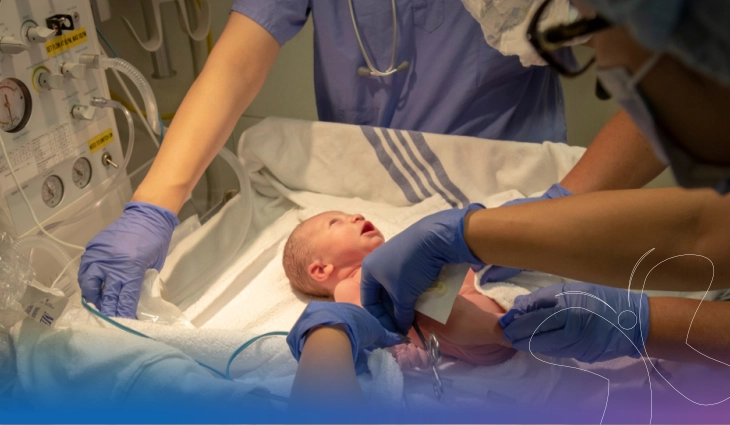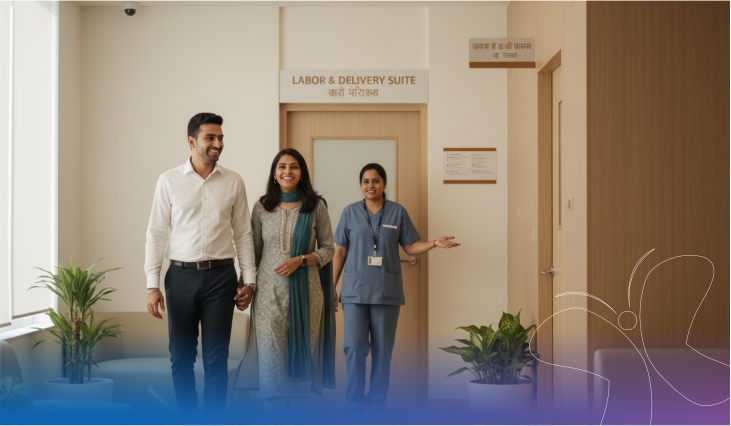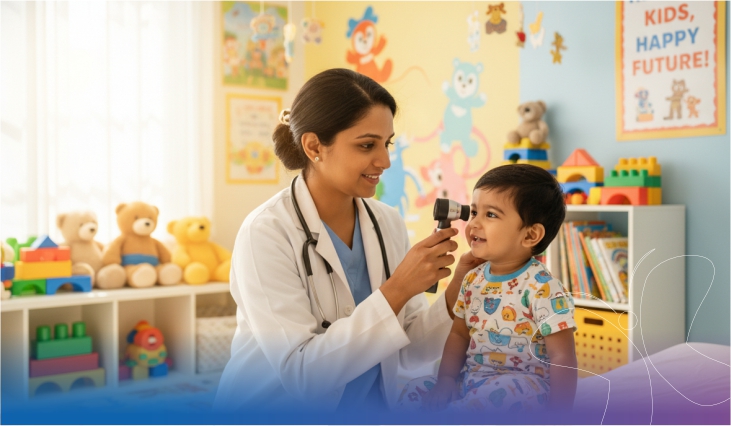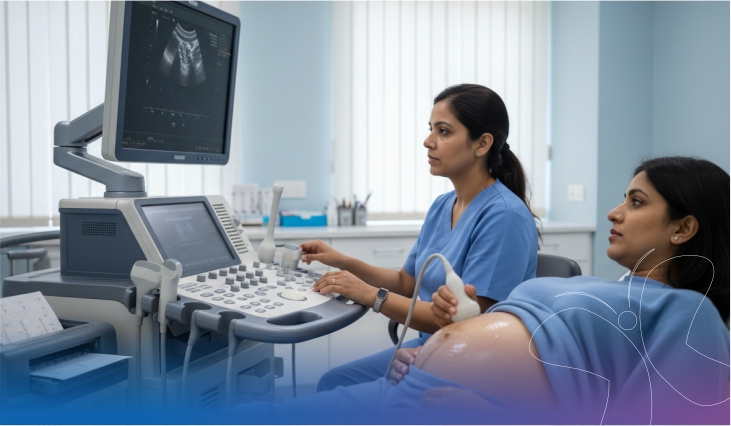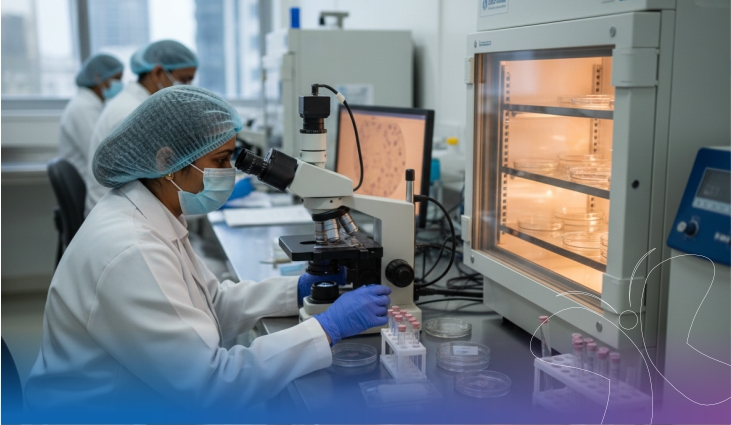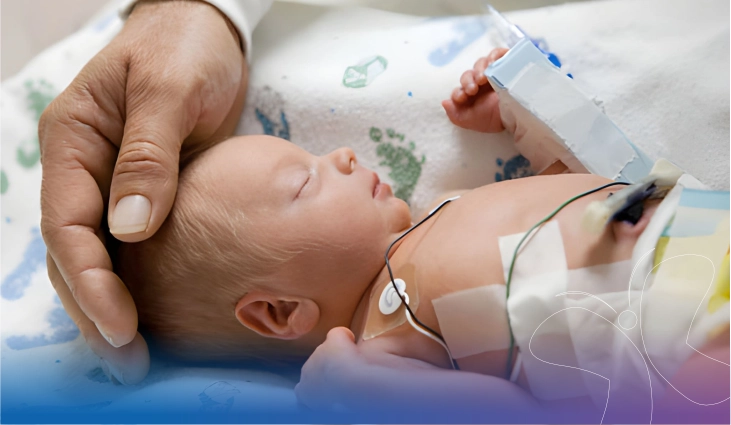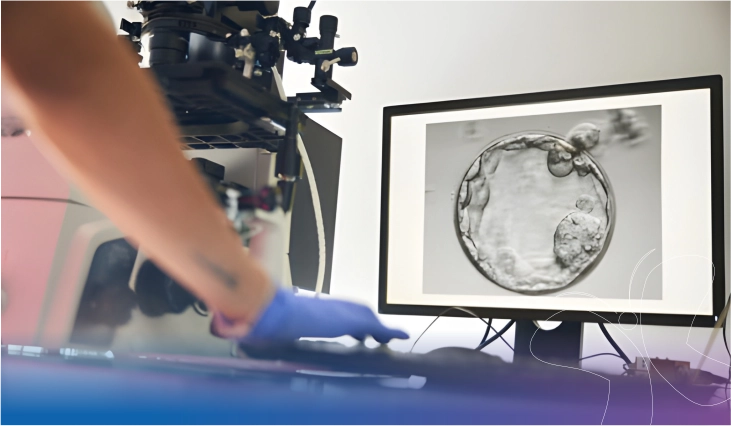“Doctor, meri sister ke baby ko birth defect tha… kya mujhe bhi risk ho sakta hai?”
We hear this often. And every time, we tell patients the same thing: Genetic history is not a reason to panic—it’s a reason to plan better.
At Flowrence Hospital, we’ve guided countless couples through pregnancy planning who came with one big worry: “What if something runs in the family?”
Here’s what we explain.
What are genetics, really?
Simply put, genetics is about what we inherit—from the shape of our nose to more serious things like blood disorders, diabetes, or rare conditions that may affect a baby’s development.
But here’s the truth:
Most couples who come to us worrying about genetics end up having completely healthy pregnancies.
Because the real difference lies in knowing early and preparing smartly.
When should you consider genetic counselling?
You don’t need to visit a lab or a specialist right away.
Just walk in for a consultation at our gynecologist hospital in Rajkot, and we’ll sit with you—no rush, no overload.
Here’s when we recommend digging deeper:
- A close relative has a birth defect or developmental issue
- You or your partner are carriers of thalassemia or sickle cell
- You had a miscarriage or stillbirth in the past with no clear cause
- There’s a history of delayed milestones in siblings or cousins
- You and your partner are related by blood
Even if none of these apply—a routine check is still a smart move.
What do we do at Flowrence?
When a couple walks in for pre-pregnancy planning, we start by:
- Taking a detailed family history (both sides)
- Running basic blood tests to screen for common conditions like thalassemia minor
- Talking about previous pregnancies, if any
- Checking if vaccinations are updated (some infections can also cause birth defects)
Only if something shows up, we refer to a genetic counselor—not before.
We don’t scare patients. We guide them.
And what about once you're pregnant?
If you conceive, and there’s a mild genetic risk, we monitor you closely.
In the first trimester itself, we do: NT Scan and Double Marker Test
In high-risk cases, we advise NIPT (Non-invasive Prenatal Testing) — a simple blood test with no harm to the baby.
We’ve seen so many patients go from worry to relief when the reports come back fine.
Even when there's a minor risk, we plan the pregnancy with extra scans and early pediatric support.
This isn’t about fear—it’s about awareness. Most parents today aren’t afraid of science—they’re afraid of not knowing. And at Flowrence, we believe knowledge doesn’t complicate things—it clarifies them.
You don’t have to do 10 tests. You just need one proper consultation.
If you’re planning a pregnancy, come speak to us. Let’s talk about your family history. Let’s run a few simple tests. Let’s give you peace of mind—before you even get that positive test.
Flowrence Hospital, offers full pre-pregnancy and genetic counselling at the city’s best hospital Expert support from our senior team at the trusted gynecologist hospital in Rajkot Thoughtful, step-by-step care at your nearby pregnancy care hospital








